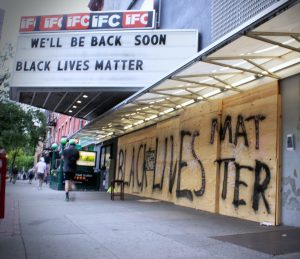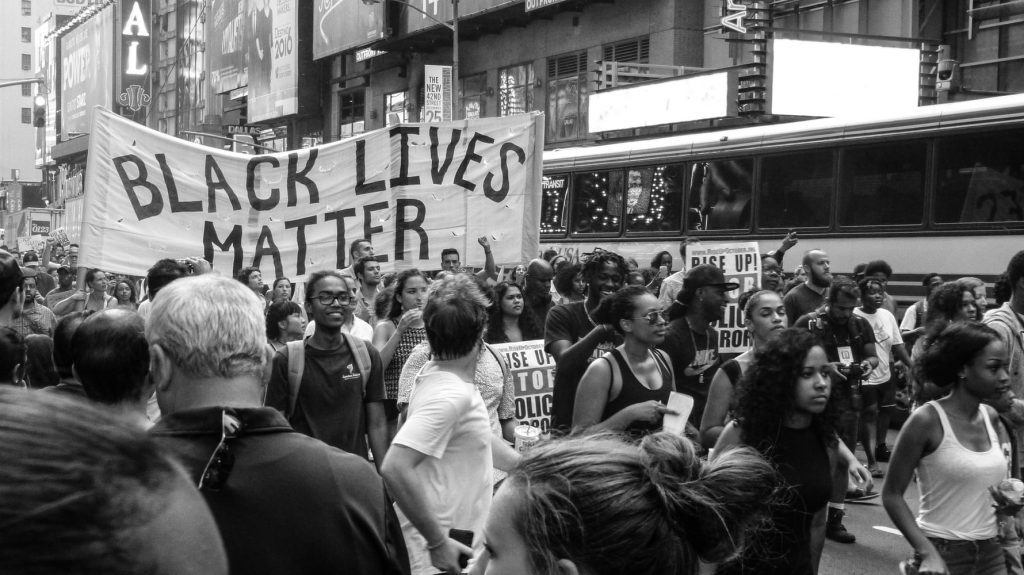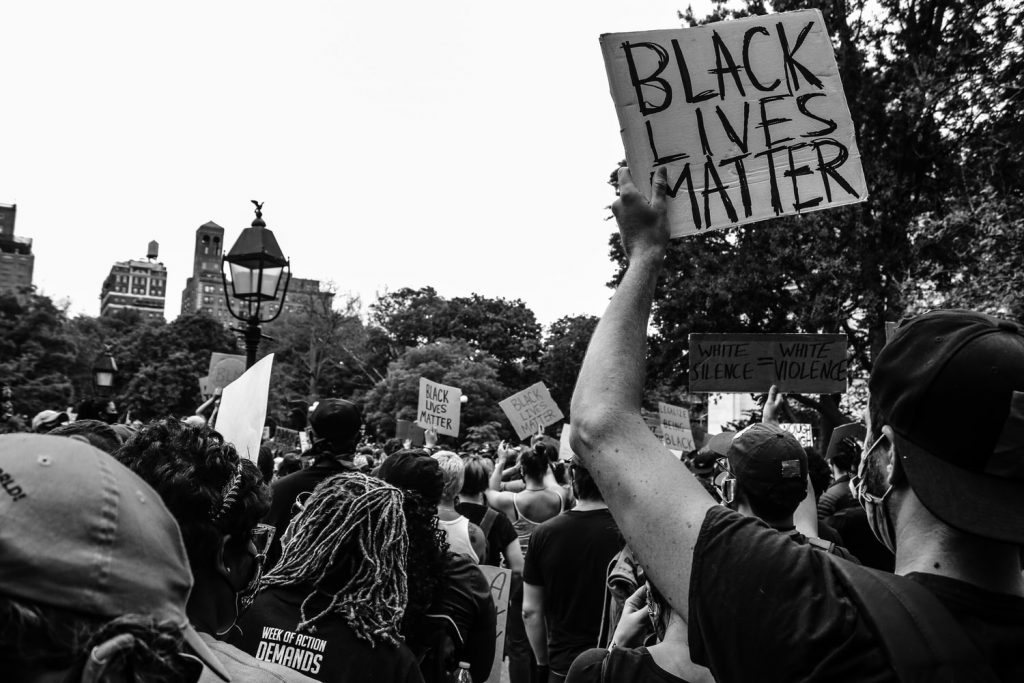
We here at Park Slope Reader are active in showing our support to the Black Lives Matter movement, and to one of its many goals in declaring Juneteenth a national holiday.
Juneteenth commemorates June 19, 1865; a date nearly 3 years after President Abraham Lincoln issued the preliminary Emancipation Proclamation on September 22, 1862. This changed the legal status under federal law for over 3.5 million enslaved African American individuals in the Confederate states from slave to free. By escaping control of the Confederate government, slaves would be permanently free. By the end of the Civil War in 1865, the Union victory brought the proclamation into effect in all former Confederate states, and the remaining slaves were freed by state action or through the ratification of the Thirteenth Amendment in 1865.
Isolated from the rest of the states, it wasn’t until that date of June 19th 1865 that Union Troops led by Army General Gordon Granger arrived in the city of Galveston, Texas to read the federal orders that all 250,000 slaves in Texas were now free. The freedom of formerly enslaved people in Texas were given legal status in a series of Texas Supreme Court decisions between 1868 and 1874.
Church-centered community gathers followed in celebration. In the years to come, festivities around the anniversary spread across Texas and other southern states. The date again gained popularity during the civil rights movements of the 1970s. Today, we see Juneteenth commemorations in major cities to honor not only the anniversary, but to celebrate Black individuals, culture, and community.
These dates are worth noting as the timeline exposes the slow and delayed process of freedom in the United States. That even after 1862, freedom is not fully realized as the country ushered in segregation laws, Jim Crow orders, wealth discrimination, and mass incarceration.
That is to say freedom and equality must be continuously examined, fought for, and protected.
#BlackLivesMatter was founded in 2013 in response to the acquittal of 17-year-old Trayvon Martin’s murder. Their mission to “eradicate white supremacy and build local power to intervene in violence inflicted on Black communities by the state and vigilantes. By combating and countering acts of violence, creating space for Black imagination and innovation, and centering Black joy, we are winning immediate improvements in our lives.”
Now in 2020, we have seen the Black Lives Matter movement brought to the forefront of global attention. After the murder of George Floyd, activists, including us at Park Slope Reader, have come together to demand action now. The road to justice, freedom, and equality is often too long and futile when real individual lives are on the line every day. We actively stand with #BlackLivesMatter to take accountability and dismantle individual, institutional, and systemic racism in our community, country, and around the world.
One step towards this is the United States Congress recognizing Juneteenth as a national holiday.
A national holiday by definition “marks a celebration of nationhood, an important event in its nation’s history which radically alters its established self.” The events of June 19th, 1965 have done just that. In a national celebration of Juneteenth, we are further provided the opportunity to acknowledge the past, present, and future of Black history. That Black history is American history. That the emancipation, that took nearly three years for enslaved men and women learn about in Texas, is not only an event that changed history, but is an immediate call to action.
As Toni Morrison stated, “The function of freedom is to free someone else.”
More resources:


